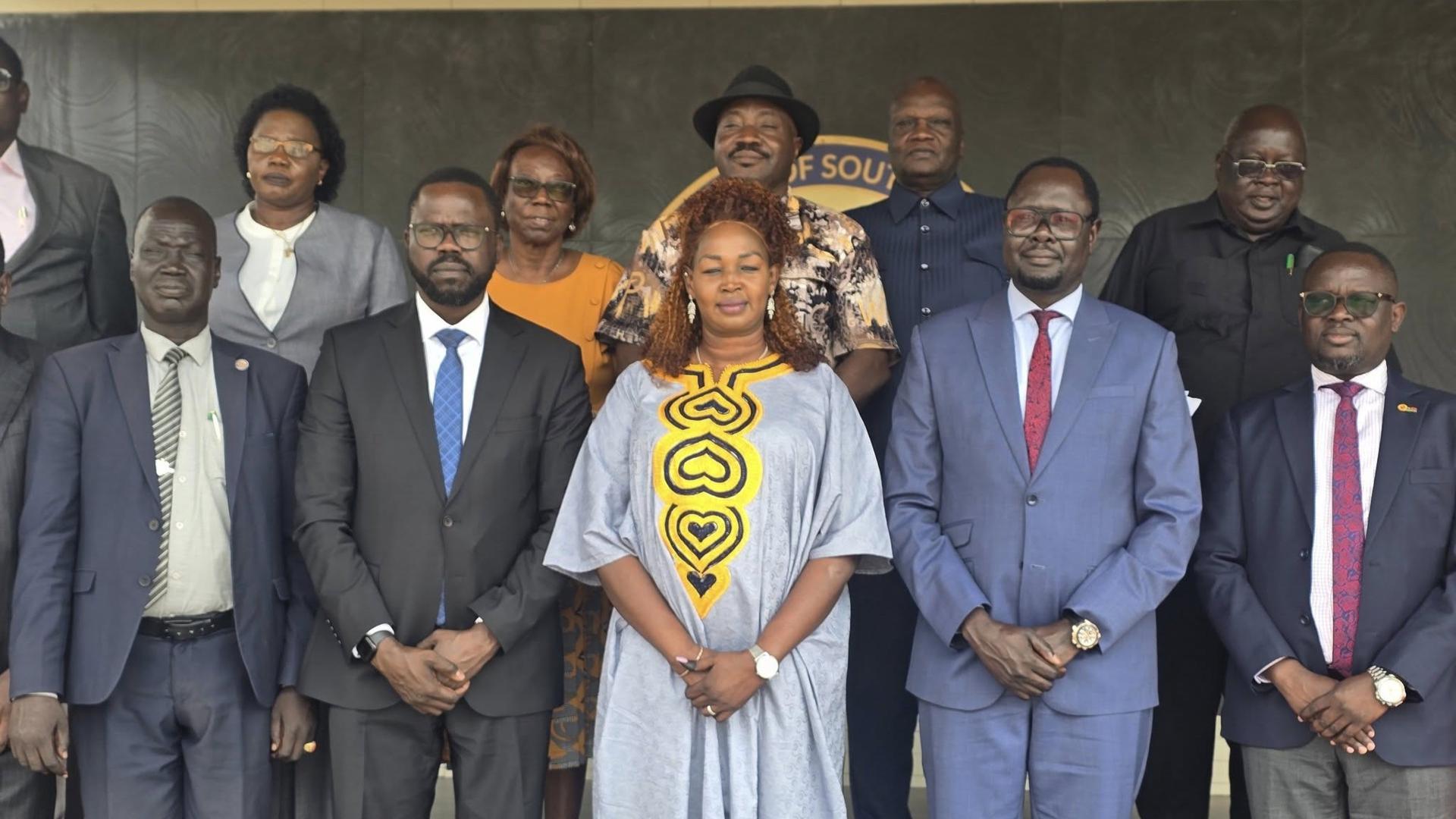Africa-Press – South-Sudan. The Reconstituted Transitional National Legislative Assembly (R-TNLA) Standing Specialised Committee on Petroleum has sided with the Maluth community following claims of community marginalisation by the Ministry of Petroleum and Nile Petroleum Corporation (Nilepet).
On Friday last week, the committee directed the oil and gas institutions to take immediate steps to resolve grievances raised by the Maluth Youth Association in South Sudan’s Upper Nile State and the Workers’ Trade Union of Petroleum and Mining.
The resolution followed a high-level meeting chaired by Wait John Dak, with delegations from the Ministry of Petroleum led by Undersecretary Deng Lual, and NilePet headed by Managing Director Ayuel Ngor Kacgor.
On 21st July 2025, Meluth Youth Association accused both the ministry and NilePet of depriving the community hosting Dar Petroleum Operating Company (DPOC).
The claims range from the abrupt and unilateral removal of qualified professionals from Maluth from key leadership positions within the hierarchy of DPOC, particularly the seats of the Vice President and Head of Community Development.
“These strategic positions, once occupied by capable sons and daughters of Maluth, have been illegally reassigned to individuals with no affiliation to our community, in complete violation of the Agreement signed between the Ministry of Petroleum, Dar Petroleum and Maluth Civil Society,” partly read the statement.
The association also revealed that a meeting held between Nilepet and Maluth community representatives spiralled into chaos and confrontation after the Managing Director of Nilepet “refused to listen, undermined the [community] delegation’s authority, ultimately leading to a near-violent altercation within the sacred premises of a national institution.”
In its resolutions, the parliamentary committee instructed the Ministry of Petroleum and NilePet to directly engage with the Meluth community and address the concerns raised, stressing the need to prioritise Meluth natives for employment, especially in senior positions in Community Development and Corporate Affairs. The committee also urged both institutions to coordinate closely with their sub-committees for effective implementation and follow-up.
The committee further welcomed the High-Level Committee recently established by President Salva Kiir Mayardit to spearhead the restructuring of NilePet, describing the initiative as crucial for ensuring the state-owned oil company fulfils its mandate of managing the country’s oil and gas interests. All sub-committees involved in the matter are expected to report back to the main committee within seven working days.
Mr. Dak reaffirmed the committee’s commitment to strengthening parliamentary oversight in the petroleum sector, emphasising that South Sudanese communities, especially those in oil-producing areas, must benefit equitably from the country’s natural wealth.
The Petroleum Act, 2012, promotes procurement of national goods and services, employment and training of South Sudanese nationals, as well as technology transfer.
Article 7 and surrounding provisions establish principles asserting that petroleum resource ownership lies with the people of South Sudan, and that revenues must be equitably distributed among the people, including those in affected states and communities.
Section 58 (1) of the Act states that “The Petroleum Revenue Management shall be consistent with the provisions of the Constitution, particularly ensuring that 2% of oil revenue is allocated to oil-producing states, and 3% to the producing communities.”
For More News And Analysis About South-Sudan Follow Africa-Press






